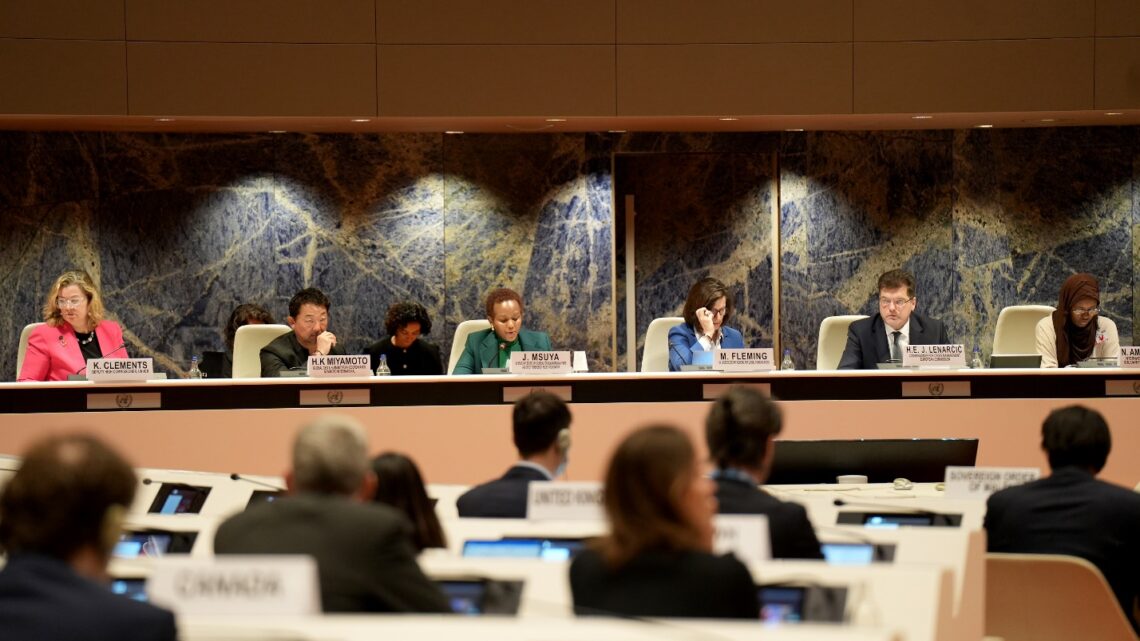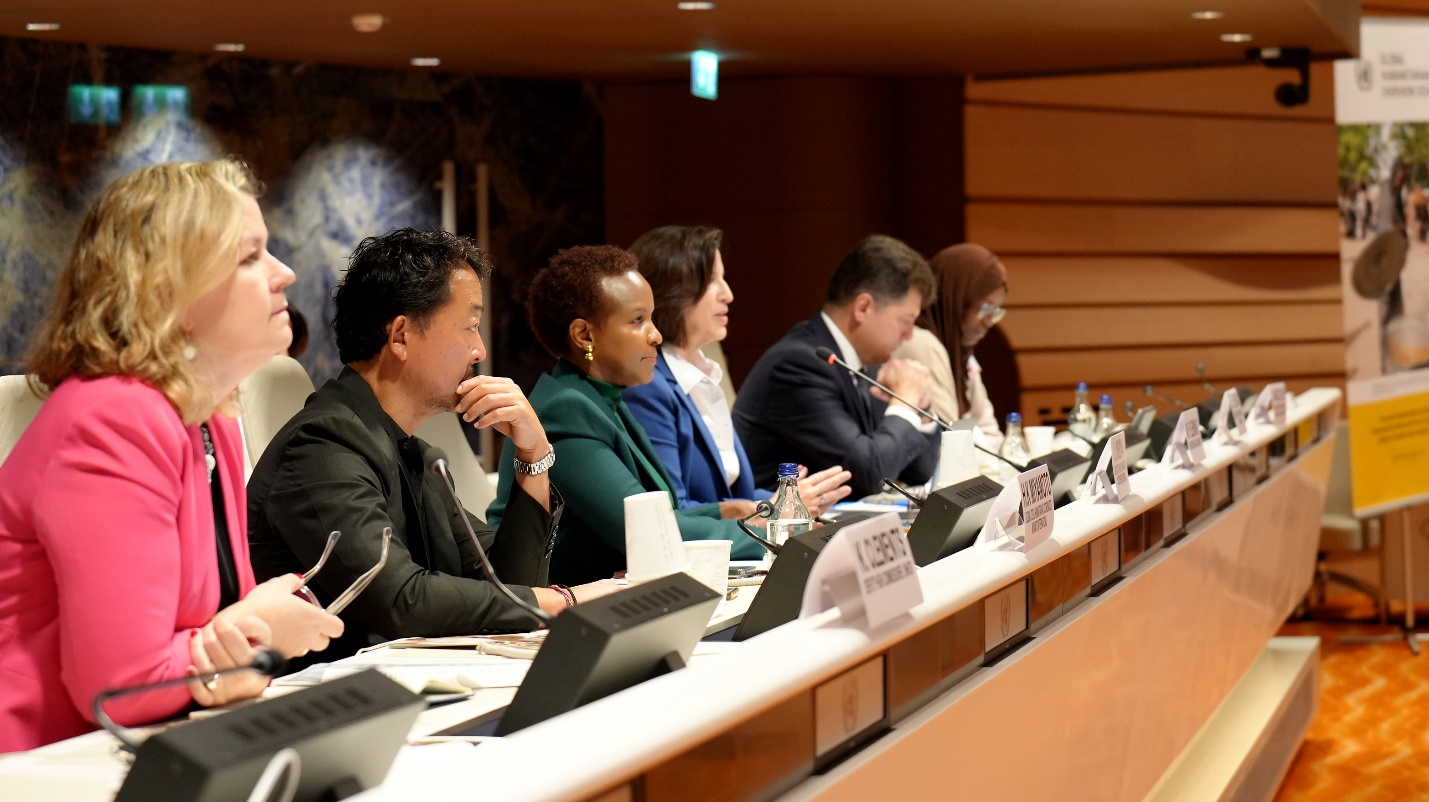
The 2024 Global Humanitarian Overview paints a dire panorama of escalating needs driven by conflicts, climate change, and economic woes. Private sector engagement is crucial.
“This year has been extremely challenging for millions of people living in crises around the world,” opened Melissa Fleming, UN Under Secretary-General for Global Communications, in an ominous start to the 2024 Global Humanitarian Overview (GHO) launch on December 11, in Geneva. Fleming described a bleak vista of escalating conflicts and climate disasters that have left international assistance “overstretched.”
Only one third of the $57 billion appeal was funded in 2023, leaving relief agencies making “painful cuts” in food, health, water, and shelter programs precisely when needs are soaring. “We cannot continue doing more with less,” warned UN Secretary General António Guterres via video message, calling for full funding of the $46.4 billion 2024 ask.
The climate crisis is throwing fuel on the embers of crises all over the globe.”
Fueling the funding crisis are protracted conflicts displacing millions. “After every disaster, women who play an essential role in subsistence agriculture have greater and greater trouble recovering,” noted migrant rights advocate N. Amadou Seyni from the International Migrant Woman’s Solidarity Association in Turkey.
“The climate crisis is throwing fuel on the embers of crises all over the globe,” affirmed Kelly Clements, UN Deputy High Commissioner for Refugees. Two thirds of 114 million forcibly displaced persons now reside in climate hotspots. Raging conflicts often frustrate solutions; international cooperation on mitigation and peacebuilding is wanting.

After all, 90% of the assets belong to private sector privately. So [they] have to step up.”
Private sector engagement can unlock additional resources, suggested Dr. Kit Miyamoto, Global CEO of Miyamoto International, and humanitarian coordinator: “After all, 90% of the assets belong to private sector privately. So [they] have to step up.” Long-term commitment, local capacity building, deploying technical expertise toward resistant infrastructure, and investing in reconstruction can make a massive difference on top of aid dollars in a time of unprecedented need.
“People in affected communities don’t need to be told that climate is changing… they know the reality too well. The 14 most affected and poorest countries are currently the most underfunded for adaptation. As a community, we must do much more to ensure that they can meaningfully contribute to these discussions and policymaking,” affirmed the chief executive of Islamic Relief, Mr. Waseem Ahmad.
Diplomats concurred that stemming the crisis requires expanded and flexible donor funding, localization of aid, addressing root causes, and critically – political resolutions to violent conflicts driving so much devastation. But the stark warning contained in the Global Humanitarian Overview is that humanitarian mechanisms themselves are faltering under unsustainable pressures – demanding breakthrough action in 2024 before millions more lives unravel. This conversation must stand as our roadmap, offering hope, experience, and assistance to millions with efficiency and coordination. Your generosity remains pivotal in realizing this vision in the year ahead.
Click here to view video footage of the event.
Photos: OCHA/JoelOpulencia
